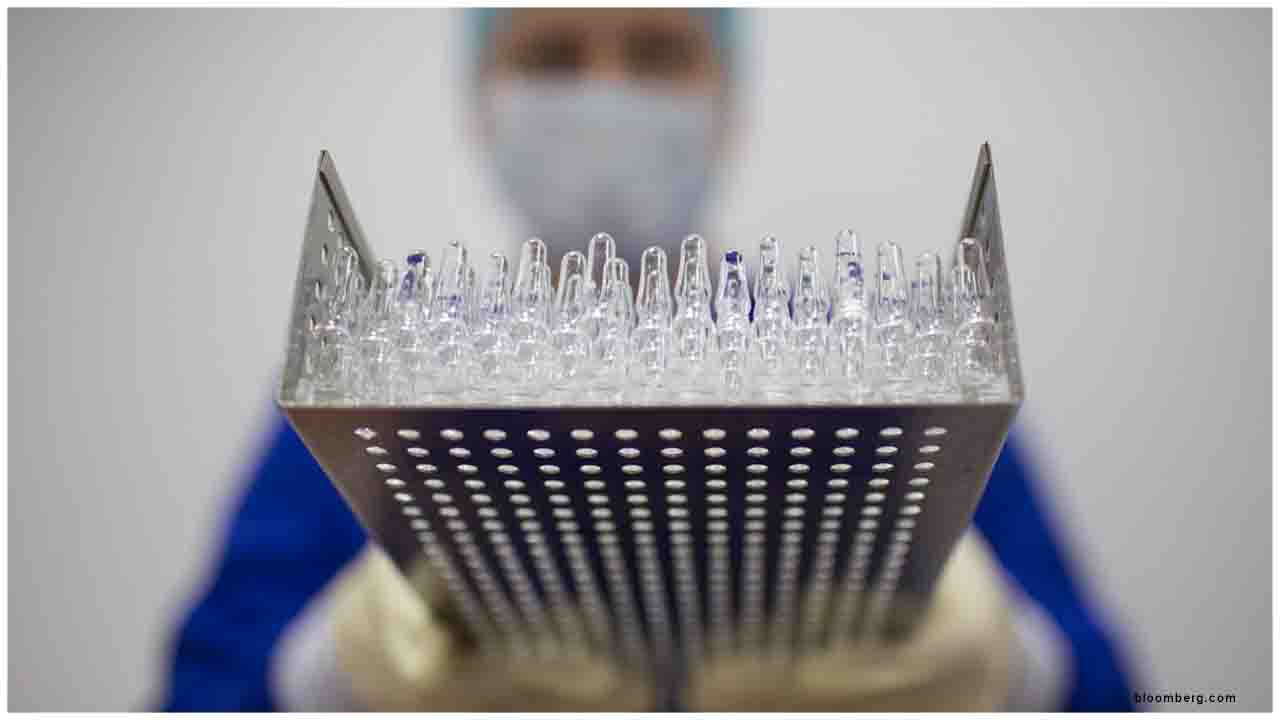On Tuesday, it said an antibody had been given administrative endorsement after under two months of testing on people.
Be that as it may, specialists rushed to raise worries about the speed of Russia's work, and a developing rundown of nations have communicated wariness.
Researchers in Germany, France, Spain, and the US have all asked alert.
"It appears our unfamiliar partners are detecting the particular upper hands of the Russian medication and are attempting to communicate sentiments that... are baseless," Russia's Health Minister Mikhail Murashko told the Interfax news organization on Wednesday.
He included that the antibody would be accessible soon.
"The main bundles of the clinical immunization... will be gotten inside the following fourteen days, fundamentally for specialists," Mr. Murashko said.
Russian authorities have said they intend to begin mass immunization in October.
The declaration on Tuesday was made by President Vladimir Putin, who said the immunization had passed all the necessary checks and his little girl had just been given it.
Be that as it may, the World Health Organization (WHO) said it was in converses with Russian specialists about endeavor a survey of the antibody, which has been named Sputnik-V.
It isn't among the association's rundown of six immunizations that have arrived at stage three clinical preliminaries, which include more far-reaching testing in people.
What has the response been?
The advancement Russia says it has made on a coronavirus antibody has been met with suspicion by wellbeing authorities and news sources in the US and Europe.
On Wednesday, Germany's wellbeing priest communicated worry that it had not been appropriately tried.
"It very well may be risky to begin immunizing millions... of individuals too soon because it could execute the acknowledgment of inoculation on the off chance that it turns out badly," Jens Spahn told neighborhood media.
"Given all that we know... this has not been adequately tried," he included. "It's not tied in with being first in one way or another - it's tied in with having a sheltered antibody."
Somewhere else in Europe, Isabelle Imbert, an analyst at the French National Center for Scientific Research in Marseille, said promising a fix too soon could be "risky".
"We don't have the foggiest idea about the strategy or the consequences of their clinical preliminaries," she told Le Parisien.
Also, in the US, the nation's top infection master, Dr. Anthony Fauci, said he questioned Russia's cases.
"I trust that the Russians have entirely demonstrated that the antibody is sheltered and successful," he revealed to National Geographic. "I truly question that they've done that."
In the interim, the Moscow-based Association of Clinical Trials Organizations (Acto), which speaks to the world's top medication organizations in Russia, asked the wellbeing service to delay endorsement until after stage three preliminaries.
Acto leader chief Svetlana Zavidova told the Russian MedPortal site that a choice on mass inoculation had been completed after consolidated first-and second-stage tests on 76 individuals and that it was difficult to affirm the viability of a medication on this premise.
In any case, a few nations have responded all the more decidedly to Moscow's declaration.
In the Philippines, President Rodrigo Duterte offered to test the immunization himself.
"I accept the immunization that you have created is great for mankind," he said. "I will be the first to be probed."
What's more, Israel said it would enter dealings to get it on the off chance that it is seen as a "genuine item".
What do we think about the antibody?
Russian researchers said beginning phase preliminaries of the immunization had been finished and the outcomes were a triumph.
The Russian immunization utilizes adjusted strains of the adenovirus, an infection that generally prompts the regular cold, to trigger a resistant reaction.
In any case, the antibody's endorsement by Russian controllers precedes the consummation of a bigger report including a large number of individuals, known as stage three preliminary.
Specialists consider these preliminaries a basic piece of the testing procedure.
Despite this, Mr. Murashko said on Tuesday the immunization had "demonstrated to be profoundly compelling and safe", hailing it as a major advance towards "mankind's triumph" over Covid-19.

 Russia has dismissed mounting international concern over the safety of its locally developed Covid-19 vaccine as "absolutely groundless".
Russia has dismissed mounting international concern over the safety of its locally developed Covid-19 vaccine as "absolutely groundless".









.jpeg)







.jpeg)

.jpg)










